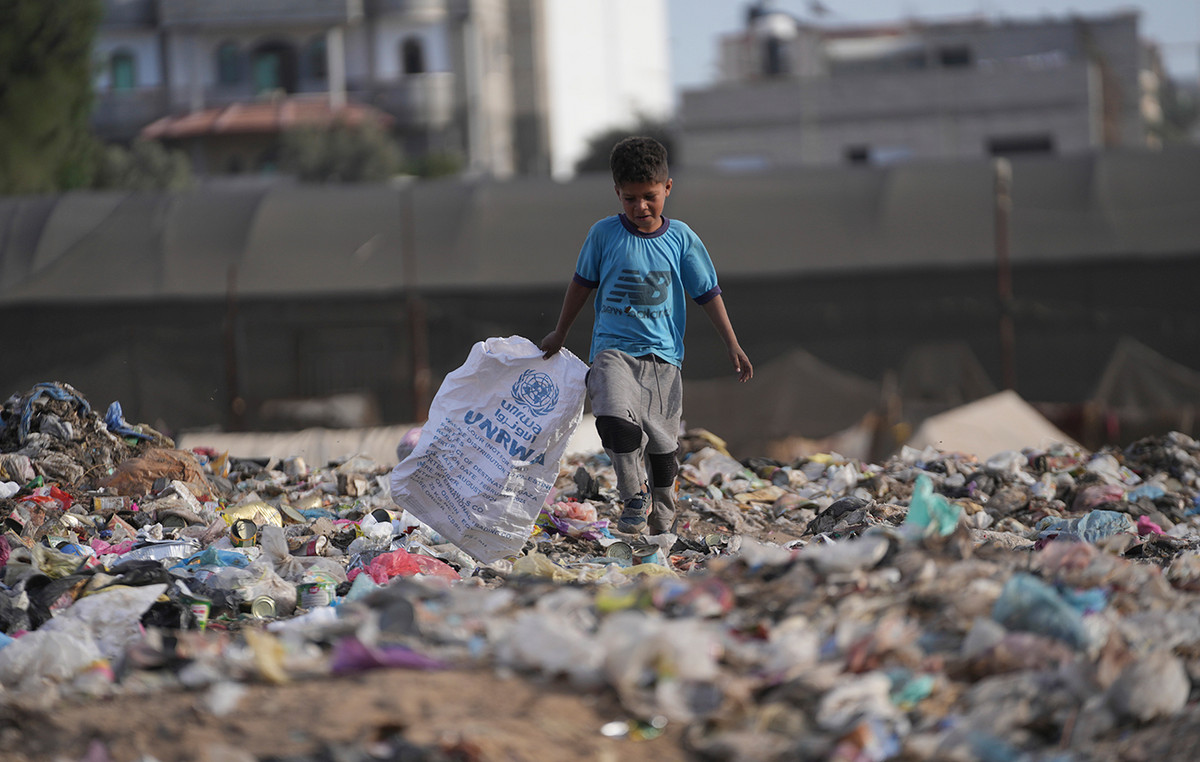Six cases of botulism, a serious illness caused by eating contaminated food, have been confirmed in Bahia this year alone, according to the state Department of Health. Of these, two people died, three are hospitalized and one was discharged.
Botulism is a rare and non-contagious disease from one person to another. It is caused by the action of a toxin produced by bacteria Clostridium botulinum (C. botulinum), which can be found in contaminated foods that do not have adequate production and/or conservation and can lead to serious poisoning in a matter of hours.
According to the Ministry of Health, the main foods with the highest risk of contamination by the bacteria are:
- Vegetable preserves (such as hearts of palm, pickles and pequi);
- Cooked, cured or smoked animal products (such as sausages, ham and “tinned meat”);
- Smoked, salted and fermented fish;
- Cheeses and cheese spreads;
- Industrialized canned foods (however, cases related to the consumption of these foods are rare, according to the Ministry of Health).
Furthermore, in the case of babies between 3 and 26 weeks, consuming bee honey can also pose a risk of botulism infection. According to the folder, the food should be avoided by children up to 2 years old, as there is a risk of containing spores of the botulism bacteria.
How is botulism transmitted and what are the main symptoms?
The main form of transmission of botulism is food contamination. This involves the ingestion of toxins present in contaminated food. However, there are other forms of transmission, such as:
- Intestinal botulism : spores contained in contaminated food can multiply in the intestine, where the production and absorption of the toxin occurs. Among the risk factors in adults are intestinal surgery, Crohn’s disease and/or prolonged use of antibiotics. The incubation time is not known;
- Wound botulism : one of the rarest forms of botulism and is caused by contamination of wounds by the bacteria. The main entry points are chronic ulcers with necrotic tissue, fissures, crushing of limbs, wounds in deep areas with poor vascularization or even wounds caused by needles. The incubation period varies from 4 to 21 days, with an average of 7 days;
- Infant botulism : is the most common form of intestinal occurrence in children between 3 and 26 weeks of age. The main cause, according to Saúde, is the consumption of bee honey in the first weeks of life. According to the folder, this form of the disease may be responsible for 5% of cases of sudden death in infants.
The most common symptoms of botulism include:
- Headaches;
- Vertigo;
- Dizziness;
- Diarrhea or constipation;
- Nausea and vomiting;
- Blurred or double vision;
- Difficulty breathing;
- Involvement of cranial nerves;
- Paralysis of the respiratory muscles, arms and legs.
Symptoms may vary according to the type of botulism (food, intestinal or wound), and may present common or specific symptoms. For example, in wound botulism, fever is common, but gastrointestinal symptoms are not common (more common in the alimentary and intestinal types). In some cases, symptoms may be mild, making diagnosis difficult.
Identification of botulism is done through a physical examination by a doctor and analysis of symptoms. During the consultation, the professional may order neurological, imaging and laboratory tests to confirm the diagnosis.
Treatment of the disease is based on supportive measures — such as the use of medications to alleviate symptoms and cardiorespiratory monitoring — and specific measures, such as the use of antibotulinum serum and antibiotics to eliminate the toxin circulating in the body. The serum is provided exclusively by the Unified Health System (SUS) upon notification of the suspected case in a specific form.
More than 3,000 toxins from food manufacturing contaminate the body
This content was originally published in Botulism: see the foods with the highest risk of contamination on the CNN Brasil website.
Source: CNN Brasil
I am an experienced journalist and writer with a career in the news industry. My focus is on covering Top News stories for World Stock Market, where I provide comprehensive analysis and commentary on markets around the world. I have expertise in writing both long-form articles and shorter pieces that deliver timely, relevant updates to readers.







